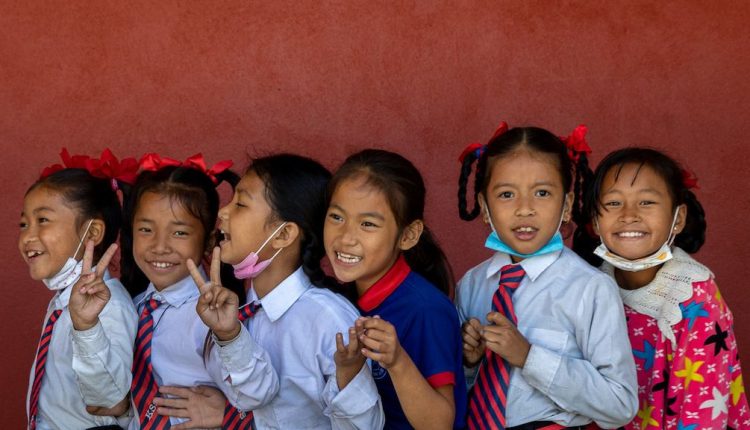MANILA— The financing partners of the Asian Development Bank (ADB) committed $12.9 billion in 2021 as ADB provided tailored support to its developing member countries battling the second year of COVID-19, according to the Partnership Report 2021: Partnerships for a Green, Inclusive, and Resilient Recovery published today.
“ADB’s support in 2021 to countries and their communities has been critical in helping them weather the COVID-19 storm,” said ADB Managing Director General Woochong Um. “Through partnerships, we build strong alliances, promote knowledge-based solutions, and expand funding for our developing member countries. The focus is now increasingly turning to laying the foundation for a green, resilient, and inclusive recovery.”
Some $8.9 billion, or 69% of total partner financing, supported COVID-19 pandemic response and recovery interventions. The remaining $4 billion supported targeted growth and job creation among farmers, businesses, women, and sectors such as health and transportation.
Numerous private sector partners, 11 bilateral partners, and 11 multilateral partners cofinanced 135 sovereign and 52 nonsovereign projects with ADB in 2021.
Cofinancing for sovereign projects reached $5 billion, with $2.7 billion from multilateral partners and $2.1 billion from bilateral partners. The remainder was mobilized from global funds and philanthropic and private organizations.
Cofinancing for nonsovereign operations—comprising private sector projects and technical assistance; transaction advisory services; and programs for trade finance, supply chain finance, and microfinance—reached a record high of $8 billion in 2021. Trade finance drove this volume, rising from $2.9 billion in 2020 to $5.4 billion in 2021.
The fully digital 2021 Partnership Report includes project stories and videos, updates on ADB-managed trust funds, and a dashboard on cofinancing data.
ADB is committed to achieving a prosperous, inclusive, resilient, and sustainable Asia and the Pacific while sustaining its efforts to eradicate extreme poverty. Established in 1966, it is owned by 68 members—49 from the region.


Comments are closed.